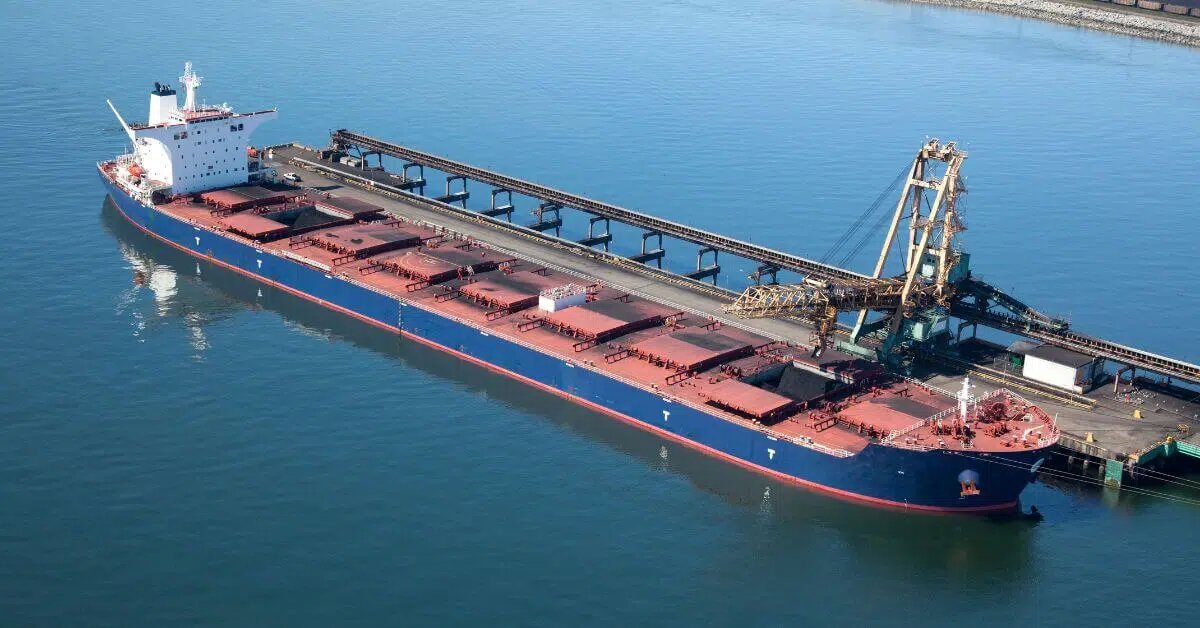The UK has published a new five-year maritime security strategy that Transport Minister Grant Shapps said was designed to respond to the new risks that threatened the industry. Maritime security is described as the upholding of laws, regulations and norms to deliver a free, fair and open maritime domain. It defines illegal, unreported and unregulated (IUU) fishing and environmental damage to the country’s seas as a maritime security concern.
The UK hopes that the new strategy will enhance maritime capabilities in technology, innovation, and cyber security and also reduce environmental damage.
However, the strategy is silent on the cost implications for industry stakeholders. The government said that it intended to work with the shipping industry, academia, international partners, and allies in the delivery of the strategy, deploying an increased number of information-sharing partnerships to increase the visibility of threats to the global maritime domain.
Shapps said that the strategy set out the guiding principles for the government’s approach to managing maritime threats and risks, both at home and around the world. He said that the move would leveraging the UK’s world-leading seabed mapping community and tackling illegal fishing and polluting activities at sea.
As part of the initiative, Shapps announced the launch of the UK Centre for Seabed Mapping (UK CSM) which will seek to enable the UK’s seabed mapping sector to collaborate to collect more and better data to enhance the country’s maritime security knowledge.
The UK thinks that seabed mapping would provide the foundation dataset that underpins almost every sector in the maritime domain, including maritime trade, environmental and resource management, shipping operations, and national security and infrastructure within the industry.
The UK maritime sector includes port facilities, the shipping fleet, maritime business services, engineering, and the leisure marine sector.
A report from the Centre for Economics and Business Research (commissioned by trade body Maritime UK), estimated that the industry contribute $140.7bn in 2019, supporting one million jobs and generating $6.3bn in tax revenues.
The new maritime strategy will focus on five strategic objectives, anchored on homeland protection, with the aim of delivering the world’s most effective maritime security framework for UK borders, ports, and infrastructure; responding to threats by what the government called “a whole-system approach”.
Other objectives will be guaranteeing the security of international shipping, the unimpeded transmission of goods, information, and energy, championing global maritime security – underpinned by freedom of navigation and the international order – and supporting a secure, resilient ocean by tackling security threats and breaches of regulations that impact on a clean, healthy, safe, productive and biologically-diverse maritime environment.
Mark Simmonds, British Ports Association Director of Policy and External Affairs, said that the new UK CSM was a major step forward for the maritime sector because it would help in better understanding of the UK seabed. He said that it would be the foundation for numerous benefits, including more informed management of the marine environment.






